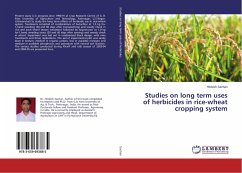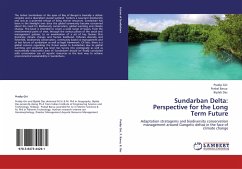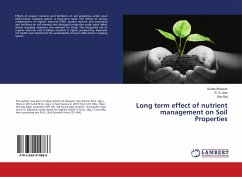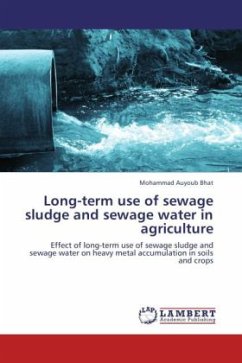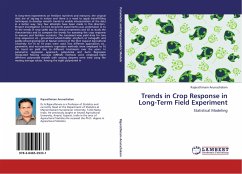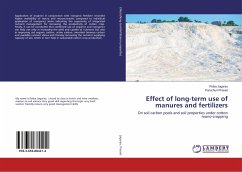Decomposition of organic matter derived from plants is an important ecosystem process in many environments, both aquatic and terrestrial. This process underlies soil formation and the liberalization of energy to higher trophic levels. Since consumers do not influence the renewal rate of detritus, this donor-controlled resource often serves to stabilize food web dynamics. How species loss influences decomposition rate involves different mechanisms than invoked for plant and consumer communities. In particular, loss of tree species in forests translates into loss of leaf litter species in the detrital pool. As there can exist high interspecific variation in leaf litter chemistry among tree species, how consumers (e.g. bacteria, fungi, invertebrates) respond to resource variability is often the focus of biodiversity-ecosystem function research in these ecosystems. Although competition and facilitation among microbial and invertebrate consumers might generate emergent effects of biodiversity on organic matter processing rates at the consumer level, the strong interactions between consumers and leaf litter species diversity comprise an important link as to how biodiversity in detritus-b
Bitte wählen Sie Ihr Anliegen aus.
Rechnungen
Retourenschein anfordern
Bestellstatus
Storno

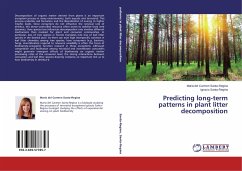
![Sulphur Pools in Long Term Field Experiment [LTFE] Sulphur Pools in Long Term Field Experiment [LTFE]](https://bilder.buecher.de/produkte/63/63981/63981294n.jpg)
